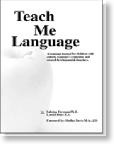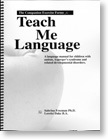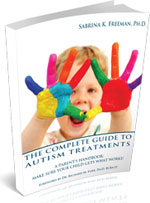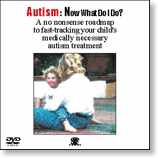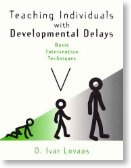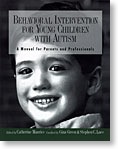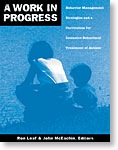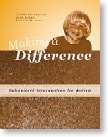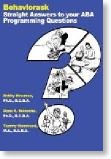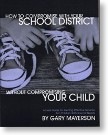sleep issues
The widely known “Secret” is being tested… Finally!
26/01/12 09:34 Filed in: autism | Asperger's Syndrome
For the past 20 years, parents of children with autism have been informally using melatonin to mitigate their children’s vexing sleep problems. A great side benefit to melatonin is that finally parents can get some sleep. Since a full night’s sleep is so precious and a majority of children with autism have disrupted sleep, some parents have become quite zealous in their support for this supplement. Many parents anecdotally report that their children, at long last, start to sleep through the night with the use of melatonin.
Those of us who believe in the scientific method, feel somewhat sheepish in recommending melatonin since it has never been tested properly on children with autism for sleep. The hormone melatonin is not proprietary; therefore, historically no drug company has had an incentive to do clinical trials. In addition, the anecdotes have been mixed. Melatonin seems to work with some children and not for others. Some parents use the sublingual variety of melatonin (under the tongue) whereas other parents manage to successfully use the time-release capsules, where the child must swallow the entire pill since by crushing it, the time release no longer works. In short, in Melatonin we have had a potential treatment for autism related sleep disorder but no one with an economic incentive to test it properly.
In the past five years, however, researchers have been examining the effect of melatonin on sleep and have reported mixed results. In April 2011, a research article was published reviewing 35 studies that looked at the relationship between melatonin and autism.
Their review found significant improvements in:
Clearly, we need more studies done on the relationship between sleep and melatonin in children afflicted with autism. The effect on night wakenings needs to be replicated in a controlled study to make sure that this observation is correct.
In the meantime, for those parents suffering from serious and prolonged sleep deprivation, it may be worthwhile to have the child’s pediatrician or neurologist read up on melatonin to see whether the supplement is worth exploring for your child. Since the article reviewing 35 studies reported minimal to no side effects for melatonin, it may be worthwhile to try melatonin under the supervision of the child’s health care professional.
Those of us who believe in the scientific method, feel somewhat sheepish in recommending melatonin since it has never been tested properly on children with autism for sleep. The hormone melatonin is not proprietary; therefore, historically no drug company has had an incentive to do clinical trials. In addition, the anecdotes have been mixed. Melatonin seems to work with some children and not for others. Some parents use the sublingual variety of melatonin (under the tongue) whereas other parents manage to successfully use the time-release capsules, where the child must swallow the entire pill since by crushing it, the time release no longer works. In short, in Melatonin we have had a potential treatment for autism related sleep disorder but no one with an economic incentive to test it properly.
In the past five years, however, researchers have been examining the effect of melatonin on sleep and have reported mixed results. In April 2011, a research article was published reviewing 35 studies that looked at the relationship between melatonin and autism.
Their review found significant improvements in:
- Sleep duration. Children with autism slept much longer using melatonin
- Sleep onset. Children with autism went to sleep faster using melatonin
- Night wakening. Researchers did not find a difference in number of night-time wakenings.
Clearly, we need more studies done on the relationship between sleep and melatonin in children afflicted with autism. The effect on night wakenings needs to be replicated in a controlled study to make sure that this observation is correct.
In the meantime, for those parents suffering from serious and prolonged sleep deprivation, it may be worthwhile to have the child’s pediatrician or neurologist read up on melatonin to see whether the supplement is worth exploring for your child. Since the article reviewing 35 studies reported minimal to no side effects for melatonin, it may be worthwhile to try melatonin under the supervision of the child’s health care professional.
The Purgatory of Sleep Deprivation
10/10/11 17:06 Filed in: autism | Asperger's Syndrome
One of the unfortunate possible side-effects that children with autism s uffer from is abnormal sleep patterns. Whether problems with going to sleep, or staying asleep, if you have a child like this, welcome to the club of perennial sleep deprivation. If you are not a member of this group of parents, consider yourself very fortunate. Read more...
uffer from is abnormal sleep patterns. Whether problems with going to sleep, or staying asleep, if you have a child like this, welcome to the club of perennial sleep deprivation. If you are not a member of this group of parents, consider yourself very fortunate. Read more...



